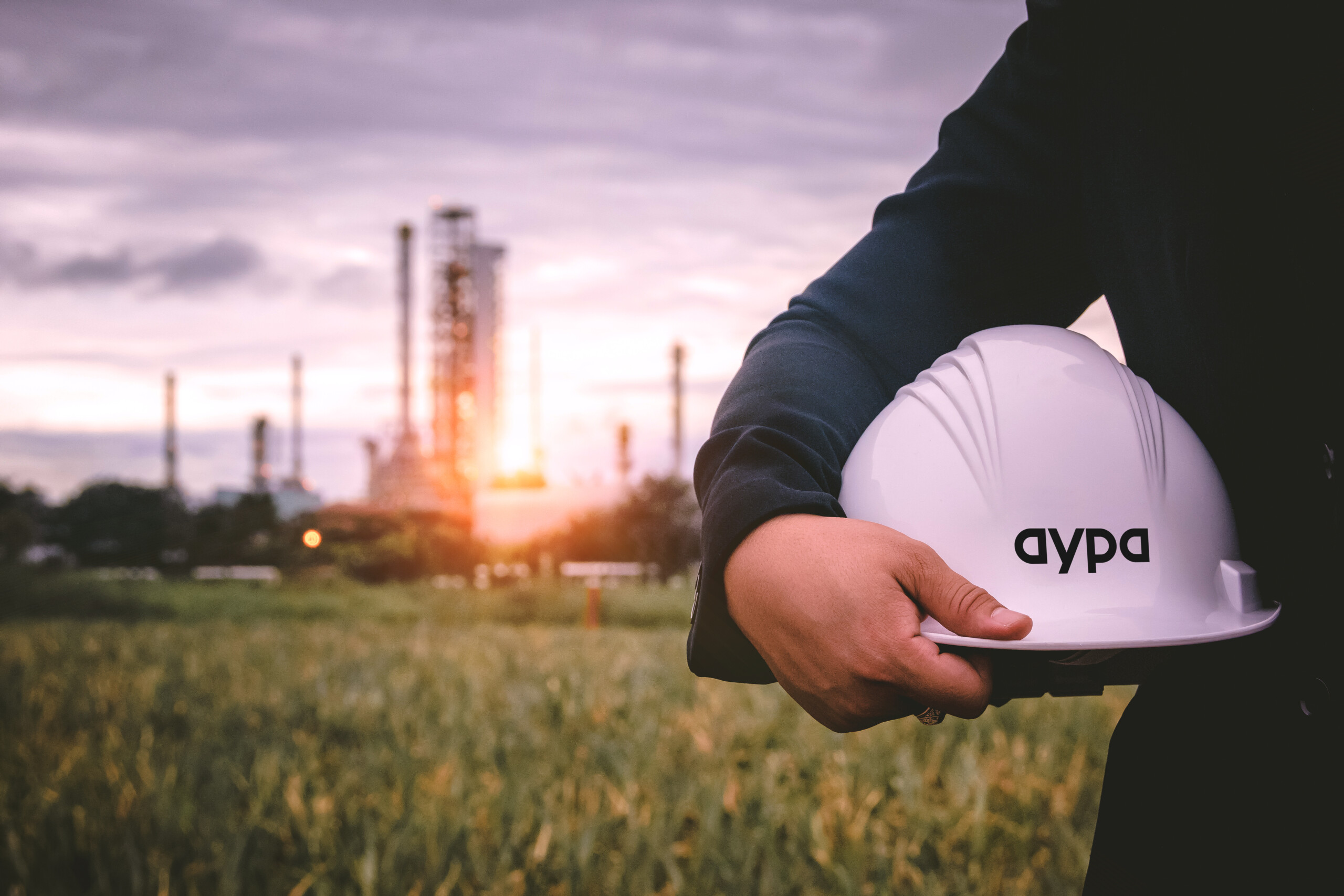
August 6, 2024
Aypa Power Secures $323 Million in Financing for Major Energy Storage Project in Idaho
Aypa Power (Aypa), a Blackstone portfolio company that builds, owns, and operates utility-scale energy storage and hybrid renewable energy projects across North America, has secured $323 million in financing commitments for its Kuna project. The 150-megawatt (MW) / 600 megawatt-hour (MWh) facility, located in the City of Kuna just outside of Boise, will be the largest battery energy storage project in Idaho when it comes online in mid-2025.
Aypa’s secured financing package includes a $233 million green loan, comprised of a construction and term loan, a tax equity bridge loan, and a letter of credit facility. Additionally, the project secured $90 million in tax equity, bringing the total financing to $323 million.
Debt financing was led by ING Capital LLC, Société Générale, and ICBC – New York Branch, each of which acted as Coordinating Lead Arranger and Lender, with Deutsche Bank Trust Company Americas acting as Administrative Agent and U.S. Bank serving as Depositary and Collateral Agent. The project’s tax equity investment was led by U.S. Bank subsidiary, U.S. Bancorp Impact Finance.
“It is bold capital investments like this that enable the scaled deployment of battery energy storage technology and make the energy transition possible,” said Moe Hajabed, CEO of Aypa Power. “Bringing Idaho’s largest battery energy storage project online will represent a significant milestone in supporting the state’s strong clean energy portfolio. The Kuna project ensures that communities benefit from sustainable and reliable power — important as the state sees significant economic development and unprecedented energy demand from data centers and other industrial users.”
In April 2023, Aypa, through the Kuna BESS LLC, secured a long-term energy storage agreement with Idaho Power for the Kuna project.
Coming online in time to serve Idaho’s 2025 capacity needs, the project is expected to create over 150 prevailing wage jobs during peak construction and generate roughly $30 million in local economic development over the operational life of the project.
